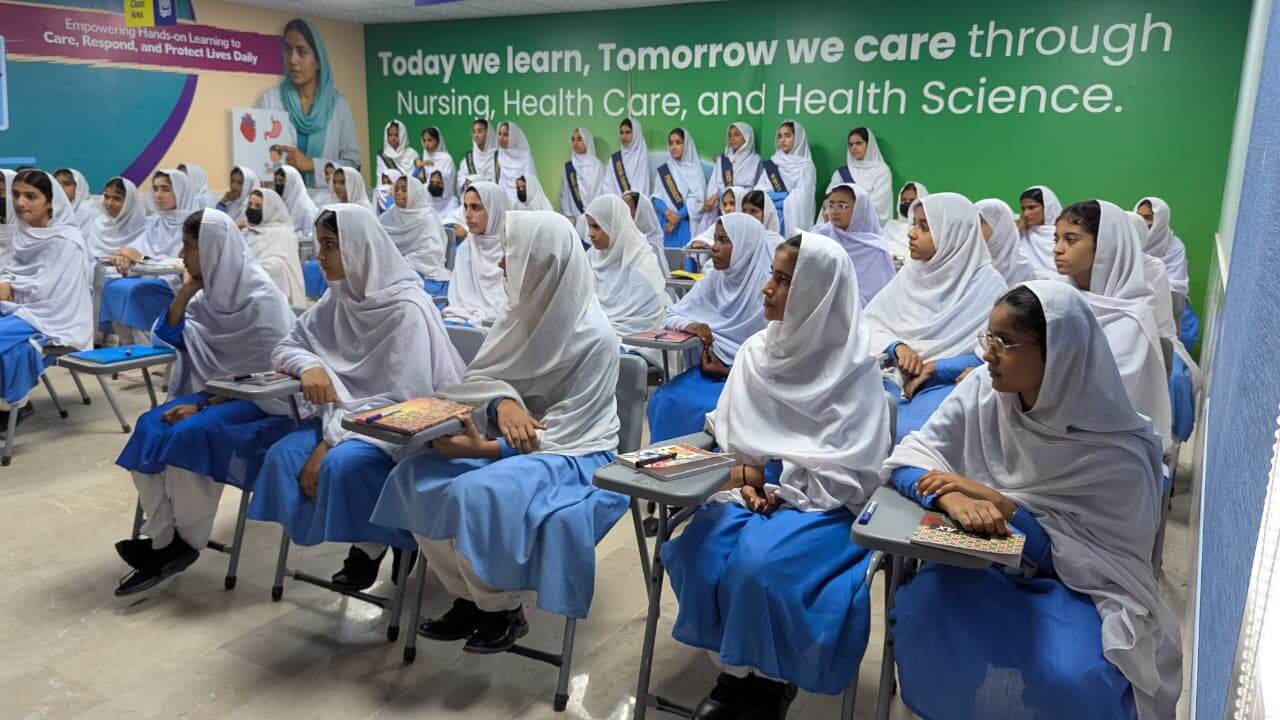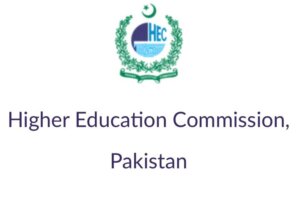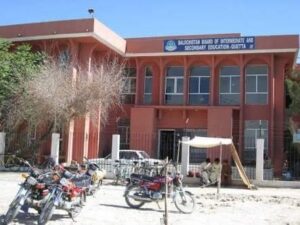Syed Muhammad Yaseen
Quetta:In a groundbreaking move, the School Education Department of Balochistan has launched Health Care Centers in government schools — a first-of-its-kind initiative in the province’s history aimed at integrating health awareness and practical medical training within the education system.
This visionary program, launched under the leadership of Chief Minister Mir Sarfraz Bugti and Provincial Minister for Education Raheela Hameed Durrani, marks a major step toward promoting modern, skill-based, and humanitarian education for school students across Balochistan.
The project is being implemented under the supervision of Secretary of Education Asfandyar Kakar and Director of School Education Akhtar Muhammad Khetran, with technical and financial support from the European Union and UNICEF.
Health Care Centers Introduced in Five Districts
In its first phase, the program has been launched in selected schools across Zhob, Killa Saifullah, Pishin, Kachhi, and Gwadar districts. Around 600 students of grades 7 to 9 have enrolled in a nine-month training program designed to teach essential healthcare and hygiene skills.
The Balochistan University of Medical and Health Sciences (BUMHS), under Vice Chancellor Professor Shabbir Lehri, developed the curriculum and is supervising student registration, examinations, and certification. Expert nurses, medical officers, and healthcare instructors are conducting the training sessions.
Each Health Care Center has been equipped with modern medical kits, simulation models, and digital learning tools, ensuring students receive hands-on, practical training that meets international standards.
Core Training Modules
Students are receiving specialized training in key areas including:
Personal Hygiene – cleanliness and health maintenance
Nutrition and Diet – balanced eating and nutrition education
Sanitation & Cleanliness – school and home hygiene practices
Physical & Mental Health – healthy lifestyles and stress management
Disaster Preparedness – emergency response skills
First Aid & Emergency Care – treatment for wounds, burns, and injuries
Skin Care & Disease Prevention – awareness and prevention methods
Workplace Ethics – professional and respectful behavior
Students are also learning to check blood pressure, measure temperature, and provide basic first aid, empowering them with essential healthcare knowledge.
Positive Community Response
The initiative has received overwhelming appreciation from parents, teachers, and local communities. They have praised the government’s effort to make education more practical and health-oriented, noting improved student attendance, motivation, and community engagement.
This initiative not only strengthens students’ health awareness but also encourages them to become ambassadors of hygiene and wellness in their communities — fostering a healthier and more responsible generation.
Future Expansion Plans
The Education Department plans to expand the Health Care Center project by introducing evening double-shift sessions, enabling more students, especially from remote areas, to receive healthcare training.
Each school-based Health Care Center will also function as a basic health hub, offering first-level medical assistance to students, teachers, and nearby residents during emergencies.





